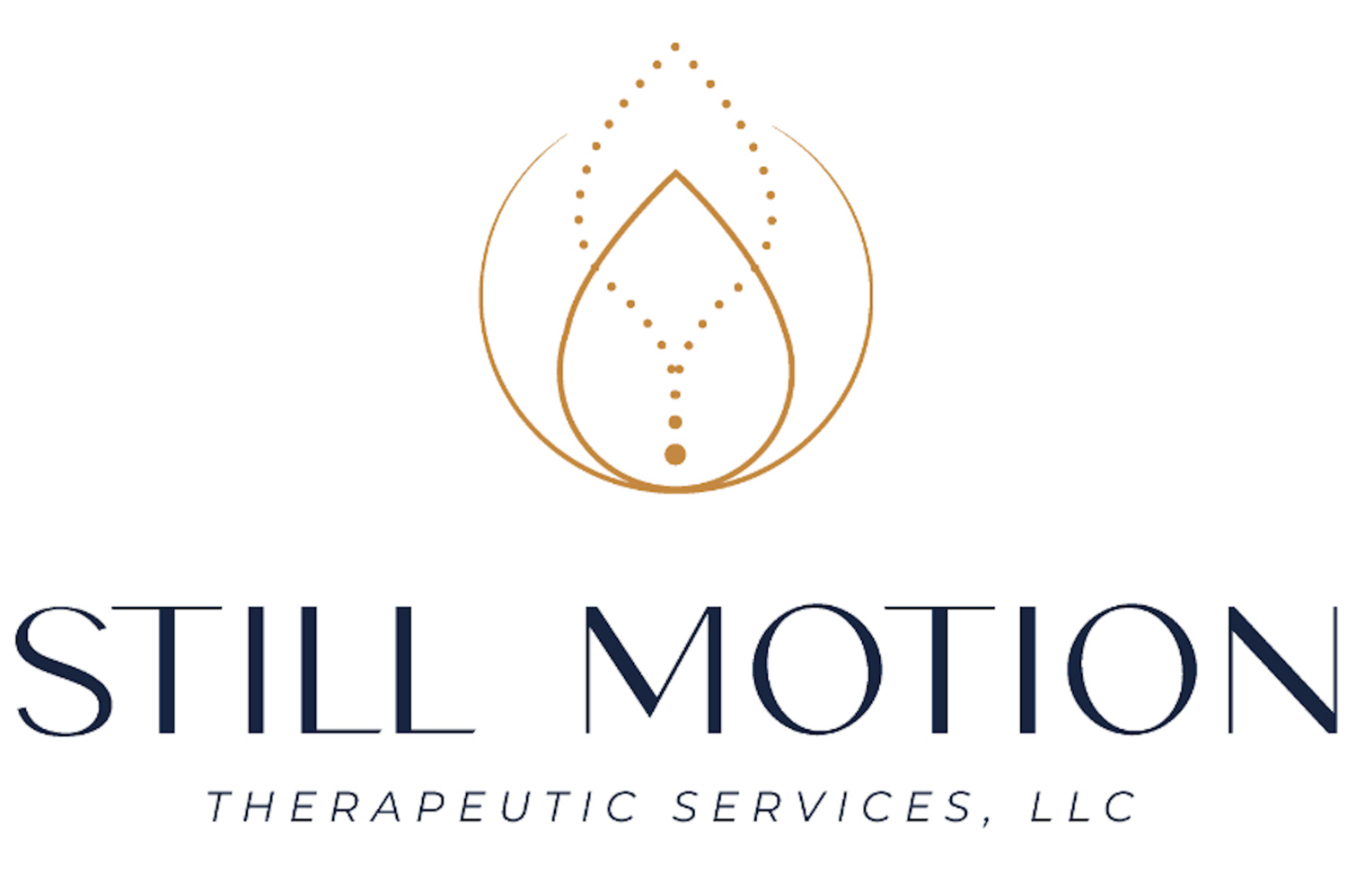Questions to Ask a Therapist Before You Schedule Your First Appointment
/So you've identified a therapist, you are ready to take a leap of faith as you begin the imperfect art of counseling. Starting therapy for the first time can be a daunting and overwhelming experience; to be honest and open with yourself, let alone another individual can be super scary and anxiety inducing. On the same token, facing oneself in the therapy room is the most noble thing a person can do. Recall you already took the first step, applaud yourself for that-you're on your way to healing.
I would encourage you to write in your journal, make a list of priorities. Ask yourself, what's been troubling your mind? What takes up the most space in your head? What voice pops into your head time and time again? Are you listening?
Think about what you want to get out of therapy. What will your life look like when you no longer need therapy? What type of therapist (gender, sex, age, culture/ethnic group) suits your needs? Does it matter? Do a little research. Familiarize yourself with your insurance plan (co-pay, authorizations, etc.). No insurance? Consider asking your therapist if he or she takes a sliding scale to make therapy for affordable.
Inquire as to whether he or she has speciality. Ask your therapist if he or she has worked with clients struggling with the same challenges as you do. Most importantly, ask your therapist how he or she will be able to help you with your individual needs. Naturally, you want to be comfortable with your therapist, but more importantly - you want to be comfortable with the kind of care he or she will be providing for you- THAT will make all of the difference.

